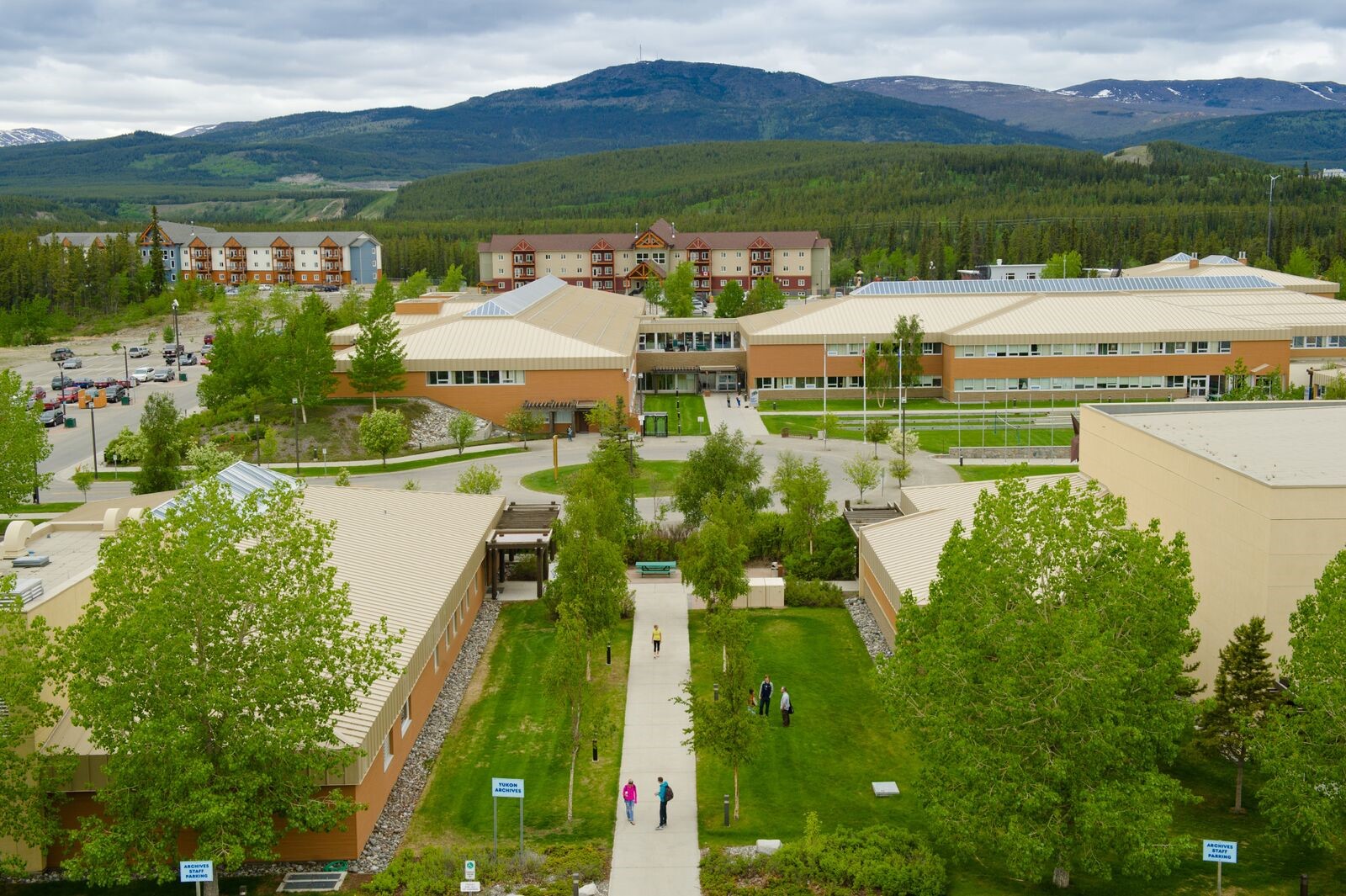Canada’s northern territories move forward with plans for 3 universities
Canada is the only Arctic nation without a university in its North.

Canada — the only Arctic nation without a northern university — is on track to open its first university in the region in 2020, and two others may follow in years to come.
This September, Yukon College in Whitehorse will start offering three bachelor’s programs in Indigenous governance, business and northern studies under its own name. While a full transition to a university will take several years, these are the first programs offered through Yukon College without partnering with an outside university. The plan is to transition to a full university by the spring of 2020, offering a “hybrid model” in the meantime.
“What a hybrid model means for us is that it will continue to have all the college programming that we have right now — certificates, diplomas, trades, adult basic education, but also to include degree offerings through the institutions,” Lacia Kinnear, the Director of Governance and Strategic Initiatives, told the High North News in May.
The two other colleges in Canada’s two other northern territories are looking to make similar moves.
In a report released last month, the Government of Northwest Territories recommended transitioning Aurora College to a polytechnic university.
This follows an April 2016 suggestion from the Government of Nunavut that Nunavut Arctic College partner with a southern university. Eleven universities have applied for the partnership, according to The Canadian Press, and they hope to announce a partner in October.
The Yukon government has increased a grant to Yukon College by $1.5 million to help with the transition, and the institution hopes to raise $65 million over the next 10 years.
According to The Canadian Press, a 2007 pan-territorial survey showed that residents of the Arctic regions wanted more influence over research in the region, while First Nations have asked for a university for 50 years.
Right now, obtaining a secondary-degree for northern residents requires traveling to larger and costly southern universities, working with one of the three colleges to obtain degrees through credentialed universities in the south, or obtaining a vocational certificate